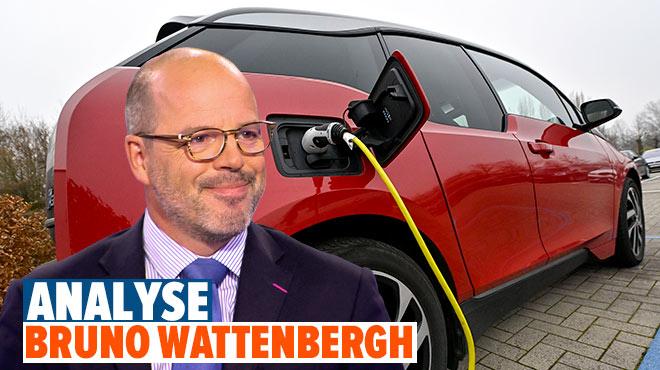You first need to know if you are going to charge at public or private charging stations.
There are approximately 8,500 public terminals in Belgium, there are only 250 in Wallonia and a few hundred in Brussels as well. So there is much better coverage in Flanders. As for the price, it is anything but transparent and varies between providers.
At home, the price of recharging is around €0.19 per kWh for people with a fixed contract. This tariff is no longer relevant for people with a variable contract given the rise in energy prices in recent weeks, but it is difficult to say what its current tariff would be because several factors come into play. ORES, the Walloon operator offers the following data: with a single-hour meter, the cost of energy is on average €0.29/kWh, therefore €870 of recharging per year. With a bi-hourly meter, if you only recharge during off-peak hours, the cost of energy is €0.25/kWh, therefore €750 of recharge per year (find out more on the Ores page dedicated to electric car charging).
Outside, at a so-called "slow" terminal, the price is around €0.35. It rises to more than €0.65 for charges at 50 kW and even €0.90 on ultra-fast terminals from 150 kW to 350 kW.

Electricity is much cheaper than petrol or diesel. For comparable vehicles and for 25.000 km per year, we arrive at the following monthly rates: €85 for recharging the electric car, €216 for the petrol car and €131 for the diesel vehicle. However, this charging rate can double if you use a fast public charger. Charging at home is therefore much cheaper, especially if you have solar panels and/or a bi-hourly meter.
How much does it cost to install a private hotspot at home?
If you want to charge at home, it is best to install a terminal (forget if you have an apartment) because charging via a simple classic 220 V socket takes a lot of time. A terminal costs between 800 and 2,000€. But sometimes it is offered with the electric car or by the employer for a company car. Next to public or private terminals, the ideal remains to charge at the employer.
What should I do if my car runs out of power on the road?
Well, a patroller from an assistance company, for example, can come and quickly charge your vehicle and you can get back on the road, but only to go to a public charging station. Count one minute of charging time to cover one kilometer.
Advice for recharging at a public charging station
If you need to charge on a public terminal, you should ideally have at least two cards because there are several networks and it is better to have the network card, otherwise you will pay roaming charges, as for a foreign telephone operator. If you do not have a card, for now the only way is to use the application mentioned by the terminal by entering a credit card number to validate the payment and the charge. But payment by credit card at terminals is under discussion at the political level to impose it on operators.
Medical deserts, public services: what assessment of Macron on rurality?
What is the best Oppo smartphone to choose?
The best phones in 2021 for photos and video
Good Plan: the recap of 4G packages on sale